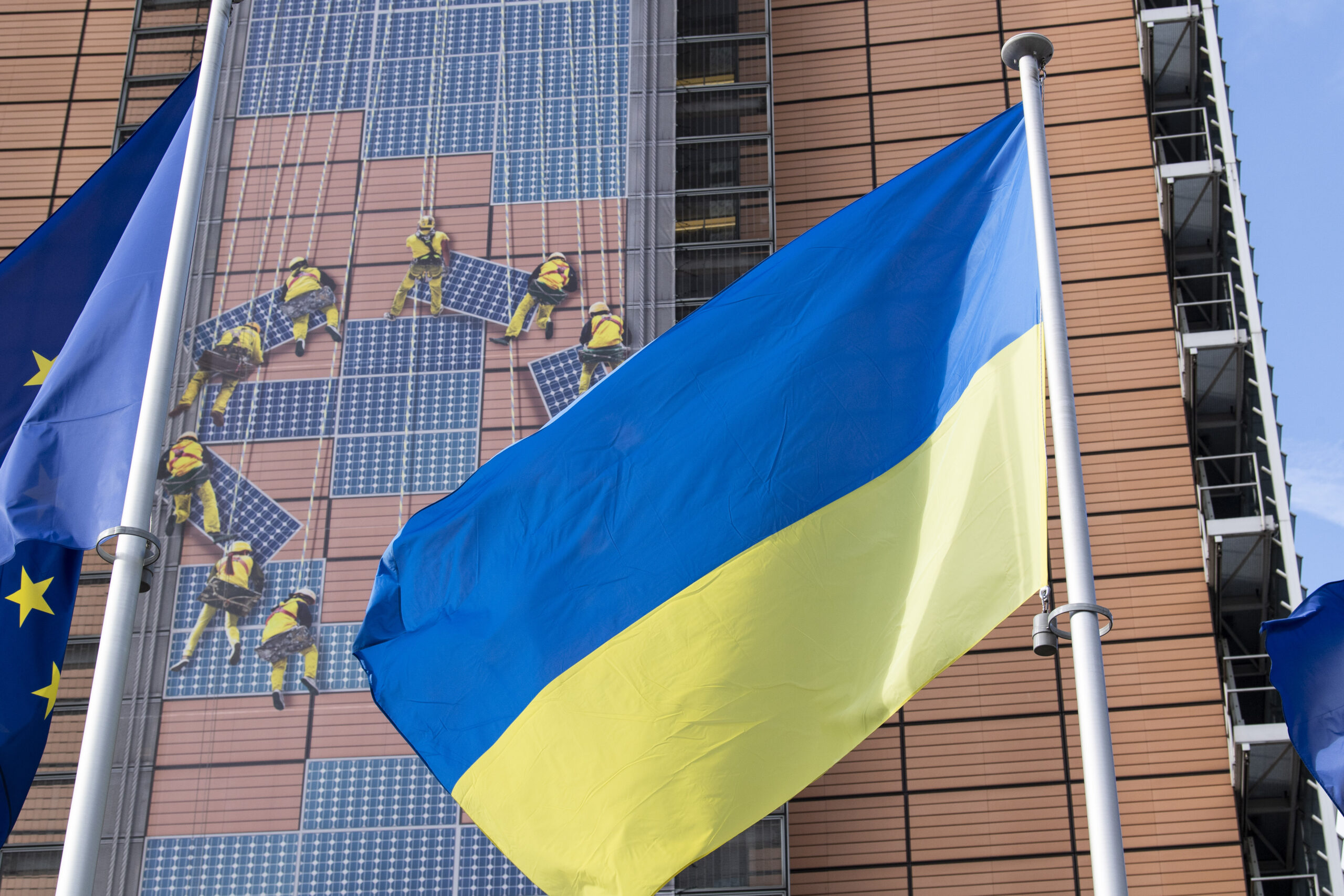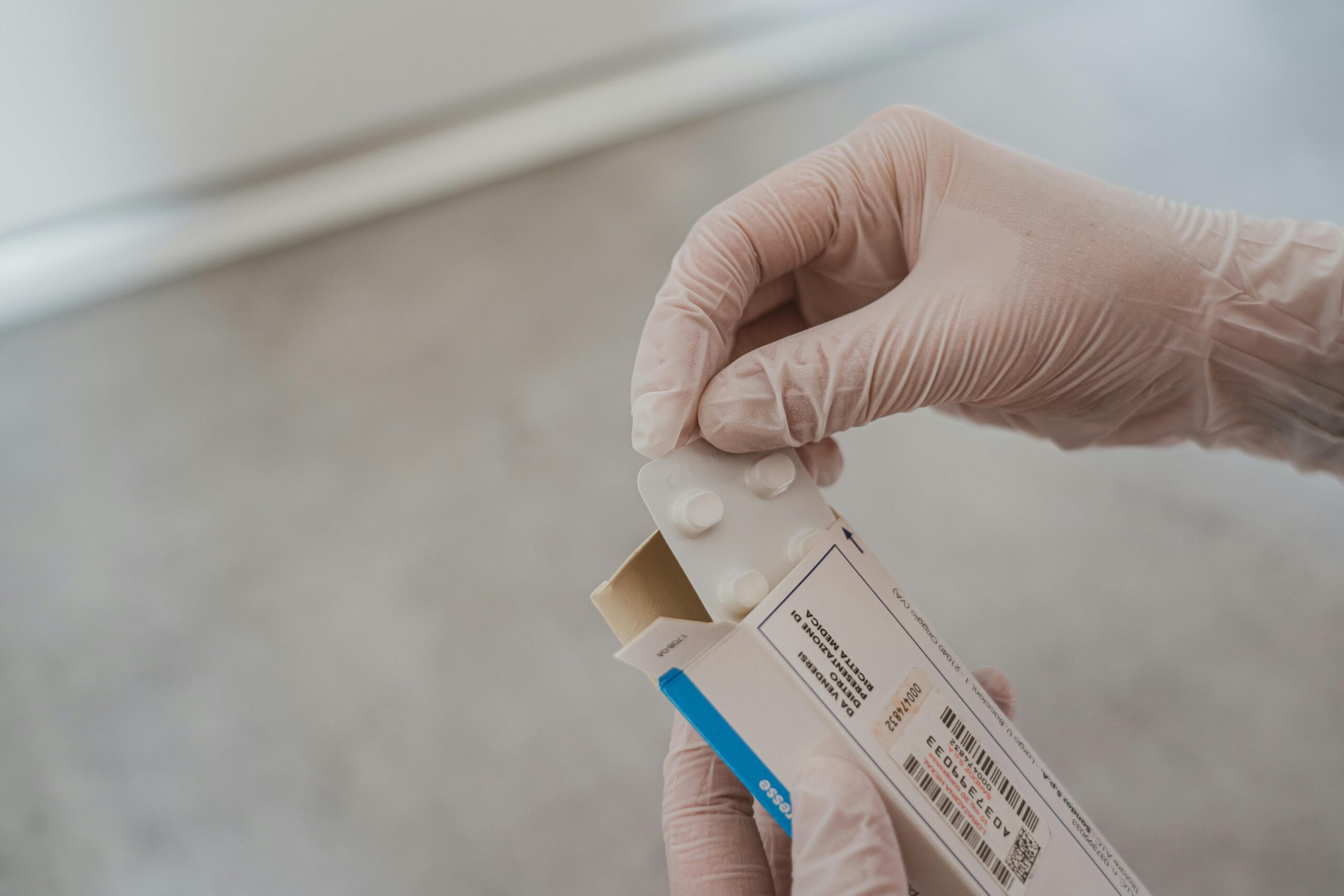In a significant display of the EU’s commitment to expansion, leaders from the European Union and six Western Balkans countries (Albania, Bosnia and Herzegovina, Kosovo, Montenegro, North Macedonia, and Serbia) gathered in Brussels on 18 December for the 2024 Western Balkans annual summit. The meeting, which marked António Costa’s first summit as President of the European Council, resulted in the adoption of the Brussels Declaration, highlighting that the strategic partnership between the EU and Western Balkans is “more important than ever.”
The summit took place against the backdrop of Russia’s war in Ukraine, which is adding urgency to the EU’s enlargement agenda, with Hungary’s Presidency of the Council injecting new dynamism into the process. Additionally, the acceleration of the enlargement process hinges on the willingness of candidate countries to pursue access to a €6 billion Reform and Growth facility, which contains a plan for gradual access to the EU’s Single Market. Moreover, Ms. von der Leyen confirmed after the meeting that the Commission is already preparing an initial pre-financing of €300 million to kickstart reforms in the region.
Notable progress has been evident over the past months, particularly for Montenegro and Albania, who have advanced considerably in their accession talks. Albanian Prime Minister Edi Rama expressed optimism about concluding membership negotiations this decade, while Montenegro aims for EU membership by 2028. New EU enlargement chief Marta Kos suggested that at least one country could complete the accession process during the current Commission’s mandate.
However, challenges remain. The Brussels Declaration highlighted the need for Western Balkan partners to implement fundamental reforms, particularly in areas of rule of law, freedom of expression, and media independence. The document also addressed ongoing regional tensions, notably stating that “the absence of a normalisation of relations between Pristina and Belgrade is holding back both partners”.
The summit introduced practical integration measures, including the expansion of the Single Euro Payments Area to include Albania and Montenegro starting next year, with North Macedonia and Serbia expected to follow. The EU also plans to implement “green lanes” at borders, potentially reducing waiting times by up to 80%.
Regarding the existing problems in the region, German Chancellor Scholz called on Western Balkan countries to “overcome the pettiness” of bilateral disputes, while Council President Costa declared that “bilateralization is not a fair way to deal with accession”. This push for regional cooperation comes as the EU positions enlargement as a strategic imperative, particularly considering Russian influence in other potential member states like Georgia, Moldova, and Ukraine.
Finally, the declaration concludes with a comprehensive annex outlining specific deliverables and priorities, focusing on economic integration, security cooperation, and migration management. While the gathering was largely symbolic, it represented what Costa called “a new momentum” in EU-Western Balkans relations, suggesting a more focused approach to expansion in the coming years.

